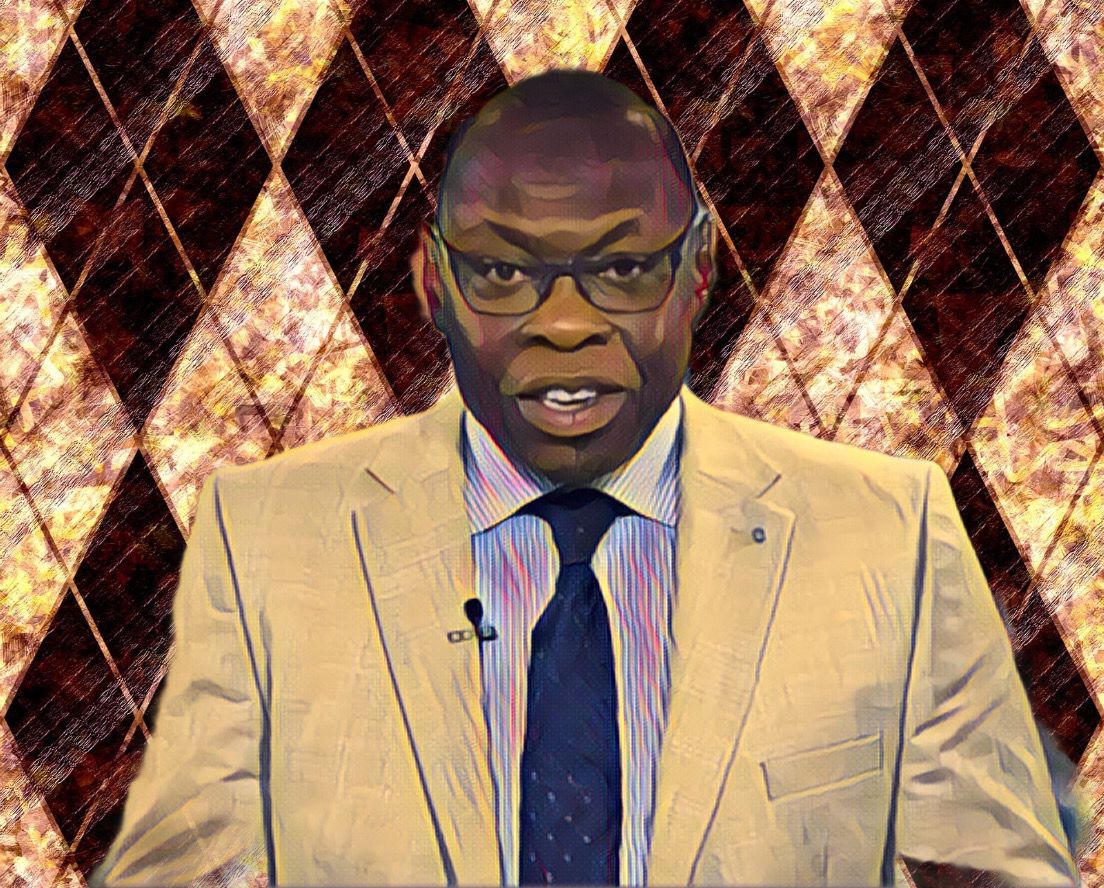Dr. Ibrahima Socé Fall, Director of the Global Neglected Tropical Diseases (NTDs) Programme at the World Health Organization (WHO), has vehemently condemned the practice of detaining patients in healthcare facilities due to their inability to settle medical bills, labeling it a grave violation of human rights and a counterproductive measure in public health. During an interview with Graphic Online, facilitated by Speak Up Africa, on World Health Day, April 5, 2024, Dr. Fall highlighted the detrimental effects of such practices not only on the individuals’ health and dignity but also on the broader aspirations for universal health coverage (UHC) and healthcare equity.
Universal health coverage, according to Dr. Fall, is a critical step towards ensuring that no patient is subjected to the indignity and health risks associated with detention in healthcare facilities. By abolishing out-of-pocket payments for healthcare services, countries can significantly reduce the financial barriers that contribute to this unethical practice. Dr. Fall emphasized the exacerbation of poverty and disease exposure that results from demanding out-of-pocket payments from the economically vulnerable, underscoring the need for urgent policy reforms to address this issue.
The WHO has long advocated for the prohibition of patient detention for non-payment of medical bills, pointing to the adverse physical and mental health outcomes that can result from such practices. These include increased exposure to infections, psychological trauma, and a general reluctance among the population to seek essential healthcare services due to fear of detention. This year’s World Health Day theme, “My health, my right,” was chosen to affirm the universal right to quality health services, education, and information, alongside other determinants of health such as safe drinking water, clean air, and nutritious food.
Dr. Fall called attention to the broader context of health as a fundamental human right, intricately linked to various socio-economic and political factors. The stability of a region, as illustrated by Africa’s current humanitarian needs, plays a crucial role in ensuring the right to health. Despite constitutional recognitions of health as a human right by at least 140 countries, there remains a significant gap in the implementation of laws and policies that guarantee access to health services for all populations. As of 2021, more than half of the global population was not fully covered by essential health services, highlighting the enormity of the challenge at hand.
The discussion also ventured into the importance of political stability, the engagement of civil society, and the collaboration of international organizations in establishing and enforcing health-related rights. Dr. Fall stressed that neglecting the right to health can lead to widespread health disparities, undermining economic stability and societal well-being. He posited health as a pivotal element of development and productivity, which in turn are essential for sustained economic growth.
Dr. Fall’s call for a multi-sectoral approach to ensuring the right to health includes a significant emphasis on political commitment towards providing health infrastructure and domestic financing for healthcare. This commitment is crucial for enabling access to healthcare facilities and professionals for people across different regions. He also urged African leaders to leverage World Health Day as an opportunity to prioritize health systems, invest in the healthcare sector, and embrace new technologies to enhance healthcare delivery on the continent.
Moreover, Dr. Fall advocated for a greater focus on preventive care and health promotion, pointing out the cost-effectiveness and health benefits of preventing diseases before they occur. He emphasized the necessity of investing in human resources within the healthcare sector, noting the dire consequences of the brain drain phenomenon, where healthcare professionals leave the continent in search of better opportunities due to inadequate facilities and logistics.
Dr. Fall’s remarks underscore the critical need for comprehensive policy reforms, increased investment in healthcare, and a concerted effort by governments, civil society, and international organizations to uphold the right to health. Such measures are not only essential for addressing the immediate issue of patient detention but also for building a more inclusive, equitable, and healthy future for all individuals, irrespective of their socio-economic status.
Source: Graphic Online





3 comments
I don’t think the title of your article matches the content lol. Just kidding, mainly because I had some doubts after reading the article.
Can you be more specific about the content of your enticle? After reading it, I still have some doubts. Hope you can help me.
I don’t think the title of your article matches the content lol. Just kidding, mainly because I had some doubts after reading the article. https://accounts.binance.com/ph/register-person?ref=IU36GZC4